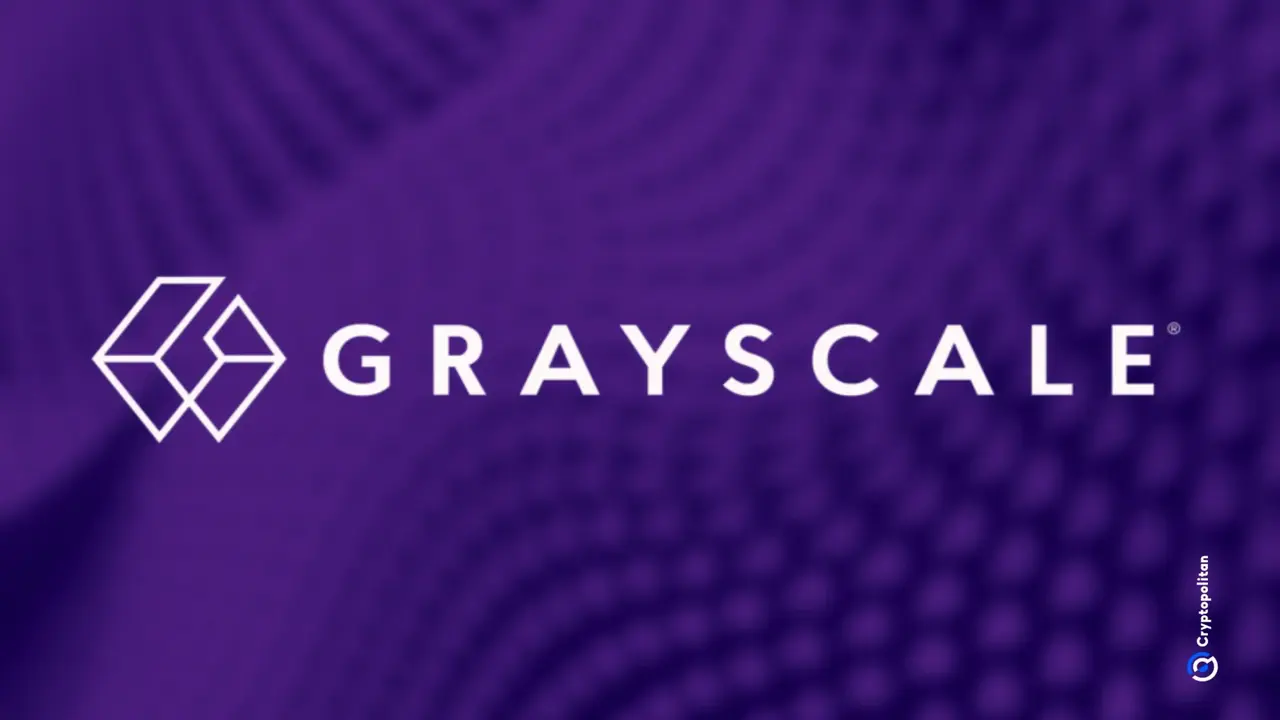

- Crypto Exchange urged the courts to reconsider the “third-party doctrine” that applies to digital financial data.
- Coinbase is not a direct party to this case, but the company has an advantageous interest in how the court interprets privacy protections.
- The Supreme Court is expected to decide whether to hear about the case later this year.
Coinbase, alongside several states, technology companies and advocacy groups, is asking the U.S. Supreme Court to revisit long-standing digital privacy standards that critics say no longer reflect the reality of the internet age.
Harperv on Wednesday. In an Amicus brief filed with O’Donnell, Crypto Exchange urged the court to reconsider the “third-party doctrine” that applies to digital financial data.
In 2020, Coinbase user James Harper filed a lawsuit against the IRS, claiming that the agency illegally obtained information revealing his identity as a cryptocurrency owner.
Challenging legal standards from decades ago
Third-party doctrine established through the ruling in the 1970s retains that individuals confiscate privacy expectations more than data shared with third parties such as banks and telephone companies.
Coinbase argues that when applied to blockchain and digital assets, this principle will concession to government agencies that wipe out surveillance capabilities without the judicial oversight that is normally required for such intrusions.
Although Coinbase is not a direct party to this case, the company has an advantageous interest in how the court interprets privacy protections in the context of financial data stored or processed on the platform.
The use of extensive summons under scrutiny
This case focuses on the use of a “John Do” subpoena by the Internal Revenue Service. This will cause the investigator to disclose data about unnamed individuals to third parties.
In 2016, the IRS provided such subpoena at Coinbase, requesting user data on more than 14,000 customers as part of an effort to identify individuals who may underreport crypto benefits.
A similar summon was later issued to Kraken and Circle in 2021.
Unlike traditional summons, John Doe’s requests are not tied to a particular individual, but rather seeks data on the user’s broad range of swaths.
Coinbase claims that the research tool provides the IRS with a more effective “real-time monitor” than user transactions when used in the digital asset space.
Privacy in the Blockchain Era
Coinbase highlighted the unique properties of blockchain technology in its conciseness. This allows observers to track past and future transactions tied to wallet addresses.
The company says that this level of visibility is equivalent to what is called a “financial ankle monitor.” Brief is Carpenterv. Draws comparisons with United States (2018). This is when the Supreme Court ruled that obtaining historical mobile phone location data without a warrant is in violation of the fourth amendment.
Coinbase claims that the IRS’ ability to restructure long-standing blockchain activity is even more intrusive.
“Exposing a person’s identity on the blockchain opens a potentially wide window into a person’s financial activity,” the company warned and warned of the impact on users’ privacy and financial freedoms.
The Supreme Court is expected to decide whether to hear about the case later this year. If accepted, oral discussions may be scheduled for the next period.
Coinbase executives, including CEO Brian Armstrong and Chief Legal Officer Paul Grawal, have consistently advocated for the latest legal framework that reflects the evolving nature of digital finance.








